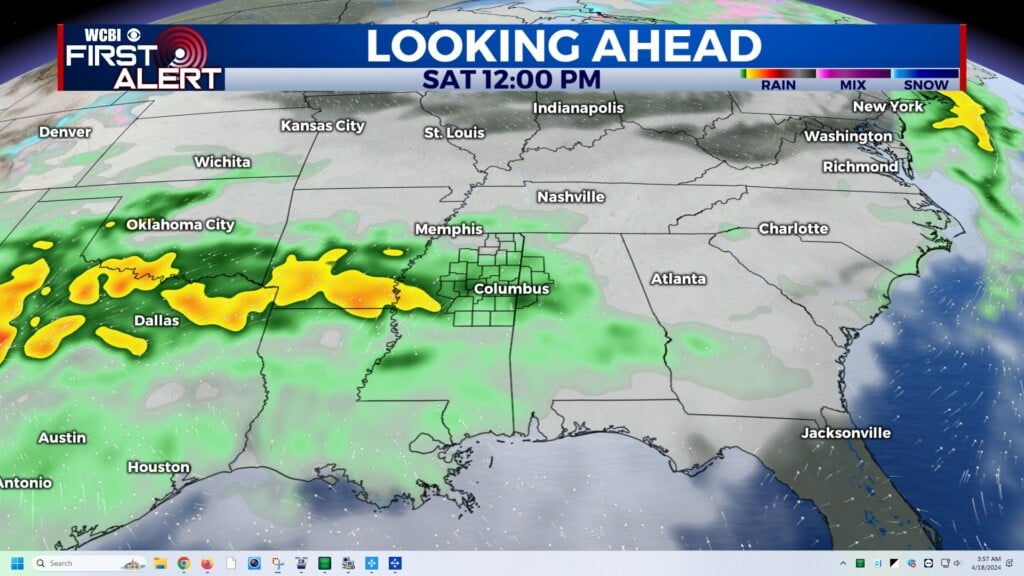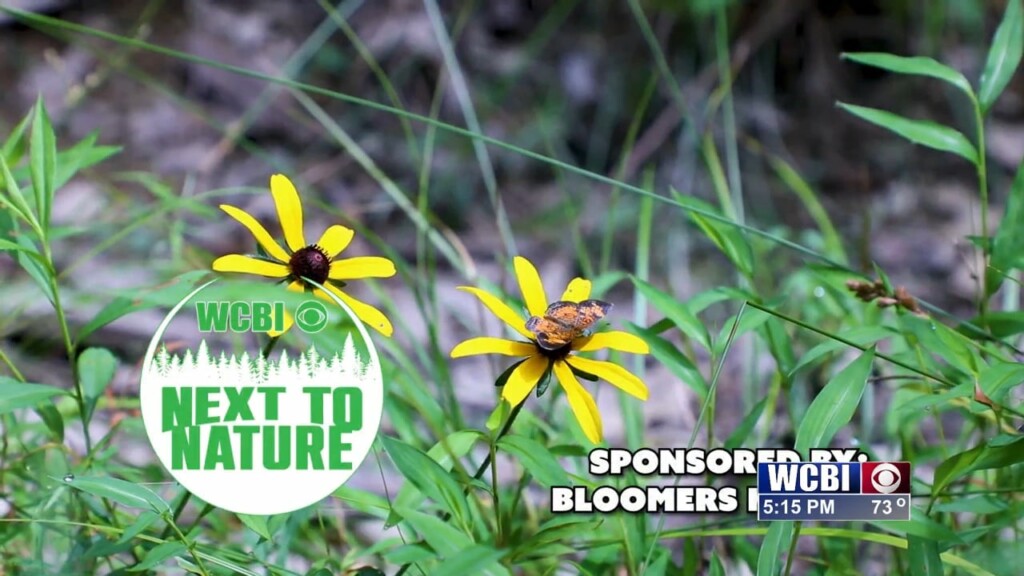Rohnke: Help Wild Birds Stay Warm This Winter

Eastern bluebirds will benefit from suet, a high-fat, high-calorie treat, in the winter months.
(Photo by Jeanne Creech)
BY ADAM ROHNKE
Urban Wildlife Specialist
MSU Extension Service
Brrr — it’s cold out there … we need some cover!
Winter arrived early this year in Mississippi. Not only did humans notice, but so did the birds. Providing winter habitat in your backyard for birds is quite simple, as long as you have the essentials: cover, food and water.
Planting native trees and shrubs is the best long-term way to provide habitat year-round. Species such as wax myrtles, American red cedars and hollies provide cover and produce berries for food during the winter months. Native grasses such as little and big bluestem and broomsedge are excellent seed sources and provide thick ground cover for birds. As a bonus, they provide beautiful landscape color during the fall and winter.
In the short-term, providing artificial cover and supplemental food sources is a great way to get more birds in your backyard during winter. Artificial cover or brush piles can be easily created from yard debris like branches, leaf litter and used, live Christmas trees. The brush piles provide immediate cover from the wind and also keep the ground moist, attracting food sources such as insects and other invertebrates.
A properly placed feeder station provides an important food source, while offering hours of viewing pleasure for you and your family. For winter use, place feed and water stations in areas with trees and shrubs to shield birds from the wind and to provide perching areas for them to survey the feeding station for predators before entering the area. Avoid placing a feeder too close to a window. Birds may inadvertently strike the window, resulting in injury or death.
Black oil sunflower seeds are the preferred seed by most backyard bird species and provide the highest calories per ounce of available birdseeds. Winter is also a great time to offer suet cakes as an additional high-energy food source. Premade suet cakes are readily available in stores.
Although many backyard birds prefer the black oil sunflower seeds, different species access them in different ways. Ground birds such as doves and sparrows prefer flat feeders. Perching birds such as chickadees and titmice favor perch-style feeders. To accommodate the greatest diversity of winter birds, provide both types of feeders at the feeding station.
Highly used feeders can be a source of disease from bird feces and spoiled seed. Discard wet seed, and clean feeders regularly with one part chlorine bleach to nine parts hot water. Scrub with a brush as needed. Allow the feeder to air dry, and then refill the feeder with fresh seed. Remove seed hulls from under the feeding station to reduce scavengers like rodents, squirrels and raccoons.
Water is more important than food during winter when temperatures are below freezing. Many birds die of dehydration because they cannot readily access water when it is frozen. Fountains and waterfalls in containerized ponds or heated birdbaths offer clean, unfrozen water.
By following these simple steps, you can provide great winter habitat in your own backyard for years to come. For more information, download the Mississippi State University Extension publication “Establishing a Backyard Wildlife Habitat” at http://msucares.com/pubs/publications/p2402.pdf.





Leave a Reply